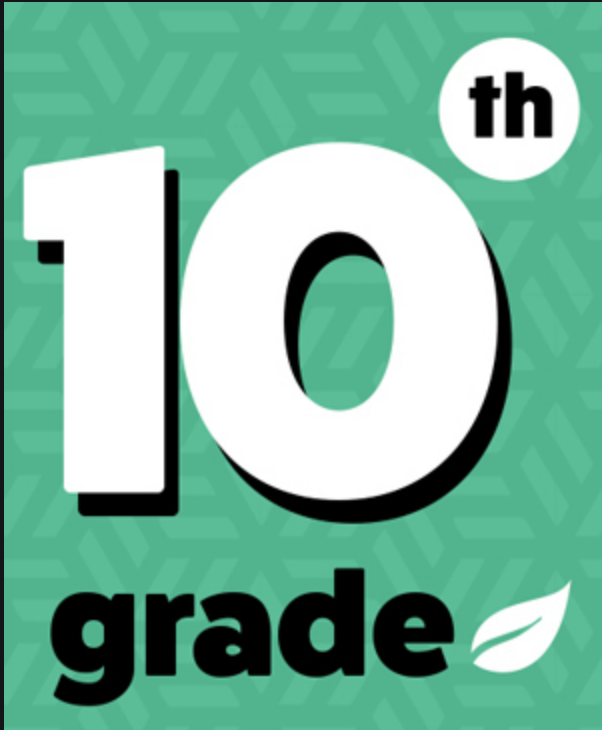 Concerned about the cost of college? Looking for affordability without compromising educational quality? Many families are keenly focused on finding smart educational values. These 11 tips that can help preserve your budget and improve your candidacy.
Concerned about the cost of college? Looking for affordability without compromising educational quality? Many families are keenly focused on finding smart educational values. These 11 tips that can help preserve your budget and improve your candidacy.
-
Turbo Charge Your Academic Record
A rigorous class schedule shows intellectual curiosity, a willingness to challenge yourself and that you are comfortable with hard work. There are financial benefits too. A strong academic record can lead to merit scholarships and credits earned from dual enrollment, AP, and IB classes, CLEP exams and summer courses can cut college costs. Completing college in 3 years instead 4 can be a 25% savings.
-
Enhance Your Desirability by Keeping Active and Being a Leader
All competitive colleges seek to build a diversified and interesting student body. These days, there is a growing preference for involved, high-achievers who also possess a special activity (pursued with passion) that sets them apart from other applicants. Developing a “hook” need not be expensive. You don’t need to build schools in Africa. A hook can be an interesting activity, volunteer effort or employment where you have shown leadership and commitment over time. Furthermore, when it comes to winning scholarships, impressive activities where you have demonstrated passion and commitment, can significantly improve your chances for success.
-
Take Advantage of Free and Low-Cost Prep for SAT / ACT
Strong scores not only improve your chances of acceptance, they can also lead to significant scholarship money. People who say you can’t prep for the SAT and ACT tests are wrong. There’s no need to spend a lot of money on expensive test prep. For those with initiative, there are many excellent free prep tools to help you boost your scores. You can learn about them at InLikeMe.com
-
Visit Colleges on the Web
Hold off booking your flights and use the Internet to learn about colleges. In addition to the school web portals, there are a host of great sites offering everything from on-line tours to rankings. Two InLikeMe favorites are YOUniversitytv.com (campus tours) and Unigo.com. Unigo is packed full of candid reviews (written by students), videos, photos, admissions information and more. InLikeMe’s extensive College-Bound Resource List contains links to numerous search, campus tour, rankings & review sites. While there’s no substitute for an in-person visit, save your money for visiting schools that genuinely interest you.
-
Consider the Full Cost of Education
Tuition is just one factor, and can be less than half the annual cost. Total cost includes tuition, room and board, student fees, books and supplies, transportation and other expenses. If you are thinking about graduate or professional school, keep that in mind too. Also factor in various opportunities to offset expenses by earning money during college from part-time and summer jobs.
-
Research Scholarships
With billions of dollars awarded annually, it is worthwhile to research and pursue scholarship opportunities. ScholarshipRoadMap.com is a good place to start.
-
Don’t Assume You are Not Eligible for Financial Aid
Many families who could receive assistance don’t pursue the financial aid process because they assume they won’t be eligible. Many factors are considered in aid eligibility, and it is not unusual for families with relatively high incomes and assets to qualify for aid and scholarships. Keep track of deadlines and submission requirements.
-
Understand Financial Aid Offers & Prepare to Negotiate
Financial aid packages can be appealed and improved. Consider contacting financial aid officers directly if your situation has changed or if you’ve received a more attractive package from another school of similar or higher caliber. And, take the time to fully understand aid offers. Check to see if it’s for multiple years or just a single year and if there are qualifiers, such as maintaining a minimum GPA, pursuing a specific major or playing on an athletic team.
-
Make Your Interest Known to Colleges
The economic recession has led to an interesting new set of admissions dynamics. More students are applying to more schools with a greater focus on scholarship money and affordability. While applications (and rejections) are up at many colleges, admissions officers are paying closer attention to yield — the percentage of the students who are offered admission who decide to attend. A high yield makes a college appear more desirable. Given similar qualifications, an applicant who appears likely to attend generally stands a better chance for admission. Some colleges even track on- line visits. You can “show the love” by registering on the college’s web site, registering when you visit the school, communicating with admissions officers and alumni, participating in blogs and web forums, getting your application in early and supplementing your application with “extras” that convey your sincere interest.
-
Don’t Rule Out Private Schools
Private colleges can be less expensive than state universities. It is not unusual for a private college education to cost less than attending a public university as an out-of-state student. In addition, many private schools offer merit aid to attractive candidates regardless of financial need; in some cases private colleges are less expensive than in-state public universities. Keep in mind that many schools, especially those with large endowments, have generous financial assistance programs (including merit scholarships) and some waive tuition for families below certain income levels. An InLikeMe favorite is Kiplinger’s Best College Values, a wonderful resource for those seeking affordable, high-quality education.
-
Be Realistic and Open To a Range of Colleges
While elite colleges can add prestige to your resume, you can receive a high-quality education elsewhere. So much of education is what you put into it. There are many reasonable options from community college (many students successfully transfer after 2 years) to less selective schools that offer generous scholarships to strong candidates. Assess your viability across a range of options. If you are considering graduate or professional school, it may be easier for you to positively distinguish yourself at a less expensive and competitive institution. Money saved on undergraduate education can be applied to graduate school. Finally, if your GPA, test scores and extra-curriculars are not strong enough for a scholarship at a top school, you may might earn one at a less competitive college where you are considered a highly-recruited student.
Written by: Lynn Radlauer Lubell, Publisher of InLikeMe.com and Founder of Admission By Design.

Lynn Radlauer Lubell, Publisher of InLikeMe.com and Founder of Admission By Design, an Educational Consultancy based in Boca Raton, Florida.


